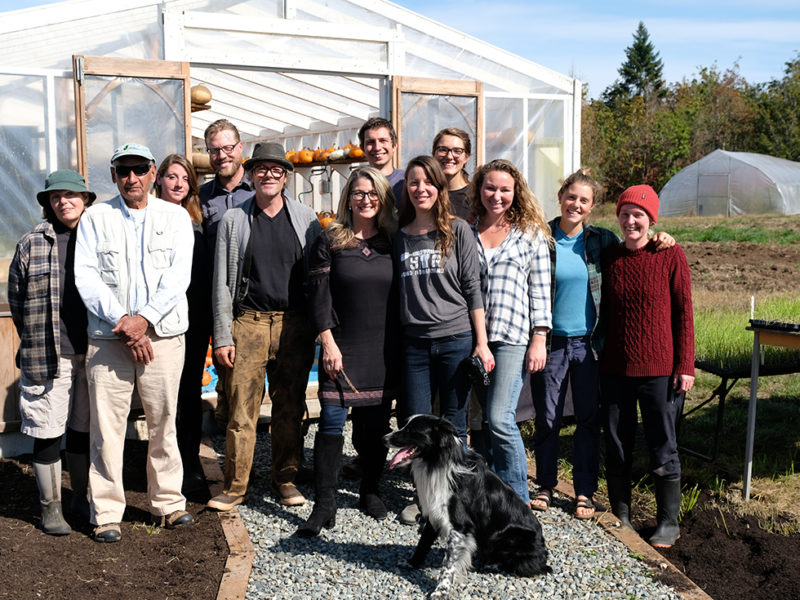A provincial investment of $700,000 in a program to match farmers with landowners is nearing 95 successful pairings and more than 7,000 acres brought into production.
The program, originally launched by the Young Agrarians organization in 2016, has completed 73 matches that have paired producers with 900 acres.
But if all goes well, an additional 22 matches will see growers gain access to more than 6,000 acres, including ranch properties
“There’s some larger ranches, but it all adds up to farms being farmed again,” says BC agriculture minister Lana Popham, who has made the program an integral part of the Grow BC portion of her mandate.
Since the land-matching program often facilitates matches between existing farm operators seeking someone to farm their properties, it also allows for mentorship of new producers. The new growers contribute their own knowledge, too, and Popham says the combination is proving profitable.
“They’re finding that the revenue is going up by 50%, and the volume of food produced on those farms is going up more than 66%,” she says. “It means that farmers are learning how to farm from other farmers. The knowledge transfer is normally a challenge.”
The increase in volume versus value also underscores that growers are not just producing high-value niche products, but able to spread production costs over a larger volume of production.
Details of the latest matches will be available on completion of the arrangements between landowners and farmers.
Additional funding for the land matching program has not been announced. The program benefitted from infusions of $375,000 last year, $300,000 in the 2018-2019 fiscal year, and $25,000 in early 2018, shortly after the BC NDP formed government.


 BC farms embrace safety
BC farms embrace safety